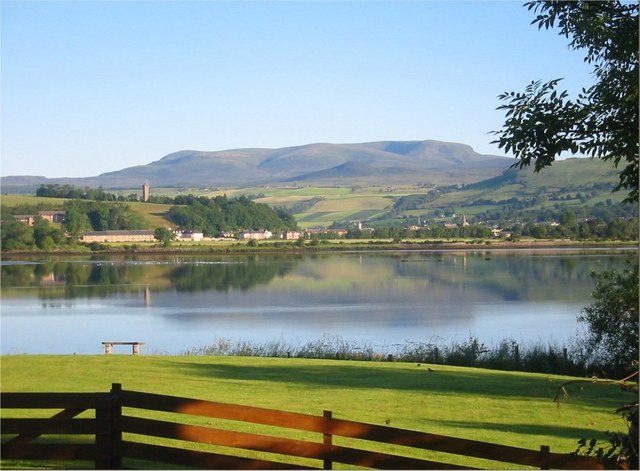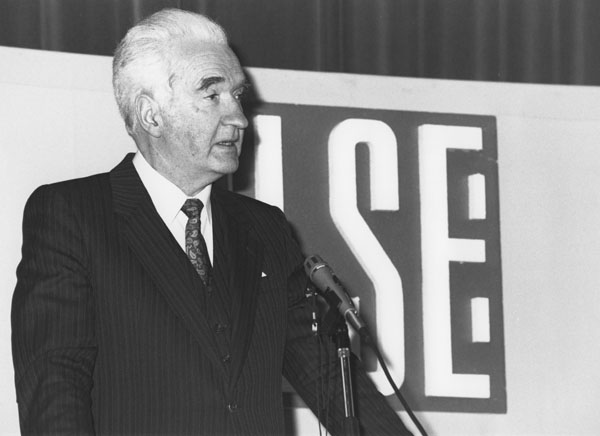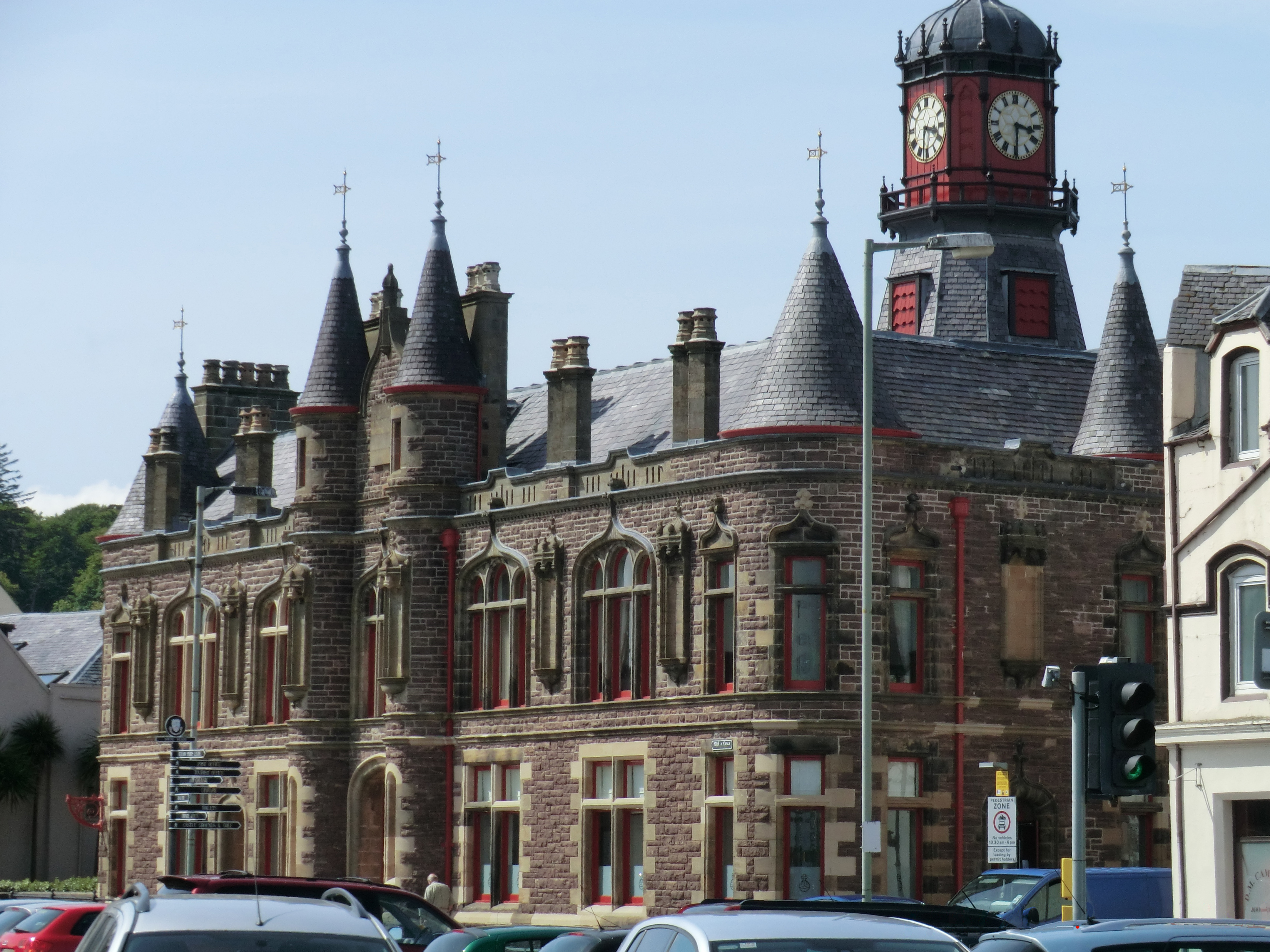|
Free Presbyterian Church Of Scotland
The Free Presbyterian Church of Scotland ( gd, An Eaglais Shaor Chlèireach, ) was formed in 1893. The Church identifies itself as the spiritual descendant of the Scottish Reformation. The Church web-site states that it is 'the constitutional heir of the historic Church of Scotland'. Its adherents are occasionally referred to as Seceders or the Wee Wee Frees. Although small, the church has congregations on five continents. The Free Presbyterian Church of Scotland is Calvinist in doctrine, worship and practice and the community believes and professes that it accurately practices and adheres to the Word of God: the Bible. The '' subordinate standard'' of the church is the Westminster Confession of Faith. History In 1892 the Free Church of Scotland, following the example of the United Presbyterian Church of Scotland and the Church of Scotland (1889), passed a Declaratory Act relaxing the stringency of subscription to the Westminster Confession of Faith, which was widely perceived ... [...More Info...] [...Related Items...] OR: [Wikipedia] [Google] [Baidu] |
Protestant
Protestantism is a Christian denomination, branch of Christianity that follows the theological tenets of the Reformation, Protestant Reformation, a movement that began seeking to reform the Catholic Church from within in the 16th century against what its followers perceived to be growing Criticism of the Catholic Church, errors, abuses, and discrepancies within it. Protestantism emphasizes the Christian believer's justification by God in faith alone (') rather than by a combination of faith with good works as in Catholicism; the teaching that Salvation in Christianity, salvation comes by Grace in Christianity, divine grace or "unmerited favor" only ('); the Universal priesthood, priesthood of all faithful believers in the Church; and the ''sola scriptura'' ("scripture alone") that posits the Bible as the sole infallible source of authority for Christian faith and practice. Most Protestants, with the exception of Anglo-Papalism, reject the Catholic doctrine of papal supremacy, ... [...More Info...] [...Related Items...] OR: [Wikipedia] [Google] [Baidu] |
Dingwall
Dingwall ( sco, Dingwal, gd, Inbhir Pheofharain ) is a town and a royal burgh in the Highland council area of Scotland. It has a population of 5,491. It was an east-coast harbour that now lies inland. Dingwall Castle was once the biggest castle north of Stirling. On the town's present-day outskirts lies Tulloch Castle, parts of which may date back to the 12th century. In 1411 the Battle of Dingwall is said to have taken place between the Clan Mackay and the Clan Donald. History Its name, derived from the Scandinavian (field or meeting-place of the ''thing'', or local assembly; compare Tynwald, Tingwall, Thingwall in the British Isles alone, plus many others across northern Europe), preserves the Viking connections of the town; Gaels call it (), meaning "the mouth of the Peffery" or meaning "cabbage town". The site of the , and of the medieval Moothill, thought to have been established by the Vikings after they invaded in the 8th century, lies beneath the Cromartie memor ... [...More Info...] [...Related Items...] OR: [Wikipedia] [Google] [Baidu] |
Lord Mackay Of Clashfern
James Peter Hymers Mackay, Baron Mackay of Clashfern, (born 2 July 1927) is a British advocate. He served as Dean of the Faculty of Advocates, Lord Advocate, and Lord Chancellor (1987–1997). He is a former active member of the House of Lords, where he sat as a Conservative. He retired from the House on 22 July 2022. Early life and education Mackay was born in Edinburgh on 2 July 1927. He won a scholarship to George Heriot's School, and then studied mathematics and physics at the University of Edinburgh, receiving a joint MA in 1948. He taught mathematics for two years at the University of St Andrews before moving to Trinity College, Cambridge, on a scholarship, from which he obtained a BA in mathematics in 1952. He then returned to Edinburgh University where he studied law, receiving an LLB (with distinction) in 1955. Career Mackay was elected to the Faculty of Advocates in 1955. He was appointed a Queen's Counsel in 1965. He was Sheriff Principal for Renfrew and Argyll ... [...More Info...] [...Related Items...] OR: [Wikipedia] [Google] [Baidu] |
King James Version
The King James Version (KJV), also the King James Bible (KJB) and the Authorized Version, is an Bible translations into English, English translation of the Christian Bible for the Church of England, which was commissioned in 1604 and published in 1611, by sponsorship of King James VI and I. The List of books of the King James Version, 80 books of the King James Version include 39 books of the Old Testament, an Intertestamental period, intertestamental section containing 14 books of what Protestantism, Protestants consider the Biblical apocrypha#King James Version, Apocrypha, and the 27 books of the New Testament. Noted for its "majesty of style", the King James Version has been described as one of the most important books in English culture and a driving force in the shaping of the English-speaking world. The KJV was first printed by John Norton and Robert Barker (printer), Robert Barker, who both held the post of the King's Printer, and was the third translation into Englis ... [...More Info...] [...Related Items...] OR: [Wikipedia] [Google] [Baidu] |
Bible
The Bible (from Koine Greek , , 'the books') is a collection of religious texts or scriptures that are held to be sacred in Christianity, Judaism, Samaritanism, and many other religions. The Bible is an anthologya compilation of texts of a variety of forms originally written in Hebrew, Aramaic, and Koine Greek. These texts include instructions, stories, poetry, and prophecies, among other genres. The collection of materials that are accepted as part of the Bible by a particular religious tradition or community is called a biblical canon. Believers in the Bible generally consider it to be a product of divine inspiration, but the way they understand what that means and interpret the text can vary. The religious texts were compiled by different religious communities into various official collections. The earliest contained the first five books of the Bible. It is called the Torah in Hebrew and the Pentateuch (meaning ''five books'') in Greek; the second oldest part was a coll ... [...More Info...] [...Related Items...] OR: [Wikipedia] [Google] [Baidu] |
Banner Of Truth Trust
The Banner of Truth Trust is an Evangelical and Calvinist, Reformed non-profit"The Story of The Banner of Truth" by Iain H. Murray. publishing house, structured as a charitable trust and founded in London in 1957 by Iain Murray (author), Iain Murray, Sidney Norton and Jack Cullum. Its offices are now in Edinburgh, Scotland with a key branch office and distribution point in Carlisle, Pennsylvania. It positions itself within the evangelical wing of the church, and has been described as "an extremely powerful organization within British Nonconformist (Protestantism), nonconformist evangelicalism." The trust publishes a monthly magazine called ''The Banner of Truth'' () which normally appears eleven times per year, with th ... [...More Info...] [...Related Items...] OR: [Wikipedia] [Google] [Baidu] |
Free Presbyterian Church Communion Token Obverse
Free may refer to: Concept * Freedom, having the ability to do something, without having to obey anyone/anything * Freethought, a position that beliefs should be formed only on the basis of logic, reason, and empiricism * Emancipate, to procure political rights, as for a disenfranchised group * Free will, control exercised by rational agents over their actions and decisions * Free of charge, also known as gratis. See Gratis vs libre. Computing * Free (programming), a function that releases dynamically allocated memory for reuse * Free format, a file format which can be used without restrictions * Free software, software usable and distributable with few restrictions and no payment * Freeware, a broader class of software available at no cost Mathematics * Free object ** Free abelian group ** Free algebra ** Free group ** Free module ** Free semigroup * Free variable People * Free (surname) * Free (rapper) (born 1968), or Free Marie, American rapper and media personality ... [...More Info...] [...Related Items...] OR: [Wikipedia] [Google] [Baidu] |
Stornoway
Stornoway (; gd, Steòrnabhagh; sco, Stornowa) is the main town of the Western Isles and the capital of Lewis and Harris in Scotland. The town's population is around 6,953, making it by far the largest town in the Outer Hebrides, as well as the third largest island town in Scotland after Kirkwall in Orkney and Lerwick in Shetland. The traditional civil parish of Stornoway, which includes various nearby villages, has a combined population of just over 10,000. The Comhairle nan Eilean Siar measures population in a different area: the ''Stornoway settlement'' area, Laxdale, Sandwick and Newmarket; in 2019, the estimated population for this area was 6,953. Stornoway is an important port and the major town and administrative centre of the Outer Hebrides. It is home to ''Comhairle nan Eilean Siar'' (the Western Isles Council) and a variety of educational, sporting and media establishments. Until relatively recently, observance of the Christian Sabbath (Sunday) has been associate ... [...More Info...] [...Related Items...] OR: [Wikipedia] [Google] [Baidu] |
John Macleod (theologian)
John Macleod (1872–1948) was a Scottish minister and Principal of the Free Church College from 1929-43. He served as Moderator of the General Assembly of the Free Church of Scotland and was the author of ''Scottish Theology in relation to Church History''. Divinity studies Having begun divinity studies in the Free Church College, his opposition to the Declaratory Act passed by the Free Church of Scotland General Assembly in 1892 led to his continuing his studies in divinity at the Assembly's College, Belfast, the Theological College of the Presbyterian Church in Ireland, where he obtained first place in Ecclesiastical History and Biblical Criticism. In May 1893, when the Free Church of Scotland confirmed the Declaratory Act passed by its General Assembly of 1892 to be a binding constitutional Act, which modified the Westminster Confession of Faith to which the Free Church adhered, he was one of a number of Free Church divinity students to join the Free Presbyterian Church of ... [...More Info...] [...Related Items...] OR: [Wikipedia] [Google] [Baidu] |
William Menzies Alexander
William Menzies Alexander (Shettleston, then in Lanarkshire, 12 May 1858 – Edinburgh 30 August 1929) was a Scottish medical and theological writer. He was Moderator of the General Assembly for the Free Church of Scotland for 1911/12. Life He was born in Shettleston on 12 May 1858, the son of John Alexander and his wife, Margaret Menzies. After graduating B.Sc. from the University of Glasgow in 1885 Alexander trained as a medical missionary and taught biology and chemistry at Wilson College in Bombay, before returning to Scotland to complete M.B. (1888), B.D. (1889) and M.D. (1891). He then returned to Bombay where he was examiner to the Technical College and the University of Bombay until he contracted an illness that permanently damaged his hearing. He returned to Scotland and was appointed Professor of the new Free Church College in 1904, teaching most subjects in the curriculum, including Hebrew. Later, he was moderator of the General Assembly in 1911. He obtained t ... [...More Info...] [...Related Items...] OR: [Wikipedia] [Google] [Baidu] |
Free Church Of Scotland (post 1900)
The Free Church of Scotland (Scottish Gaelic: ''An Eaglais Shaor'', ) is an evangelical, Calvinist denomination in Scotland. It was historically part of the original Free Church of Scotland that remained outside the union with the United Presbyterian Church of Scotland in 1900. Now, it remains a distinct Presbyterian denomination in Scotland. The Free Church was and still is sometimes colloquially known by the term The Wee Frees, even though, in 21st century Scotland, it is the largest Presbyterian denomination after the national church. Since this term was originally used in comparing the Free Church with the United Free Church (which is now a much smaller denomination), the Free Church of Scotland now deprecates the use of the term. Theology and doctrine The church maintains its commitment to Calvinist theology (as espoused by the Westminster Confession). Its polity is Presbyterian. A complete psalter in modern English was published in 2003. Its offices and theologica ... [...More Info...] [...Related Items...] OR: [Wikipedia] [Google] [Baidu] |
United Free Church Of Scotland
The United Free Church of Scotland (UF Church; gd, An Eaglais Shaor Aonaichte, sco, The Unitit Free Kirk o Scotland) is a Scottish Presbyterian denomination formed in 1900 by the union of the United Presbyterian Church of Scotland (or UP) and the majority of the 19th-century Free Church of Scotland. The majority of the United Free Church of Scotland united with the Church of Scotland in 1929. Origins The Free Church of Scotland seceded from the Church of Scotland in the Disruption of 1843. The United Presbyterian Church was formed in 1847 by a union of the United Secession and Relief Churches, both of which had split from the Church of Scotland. The two denominations united in 1900 to form the United Free Church (except for a small section of the Free Church who rejected the union and continued independently under the name of the Free Church). Legal dispute:''The Free Church Case'' The minority of the Free Church, which had refused to join the union, quickly tested i ... [...More Info...] [...Related Items...] OR: [Wikipedia] [Google] [Baidu] |




.jpg)

